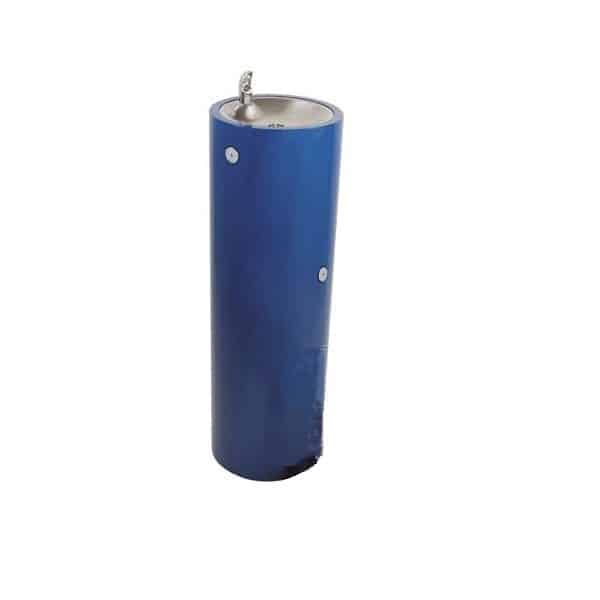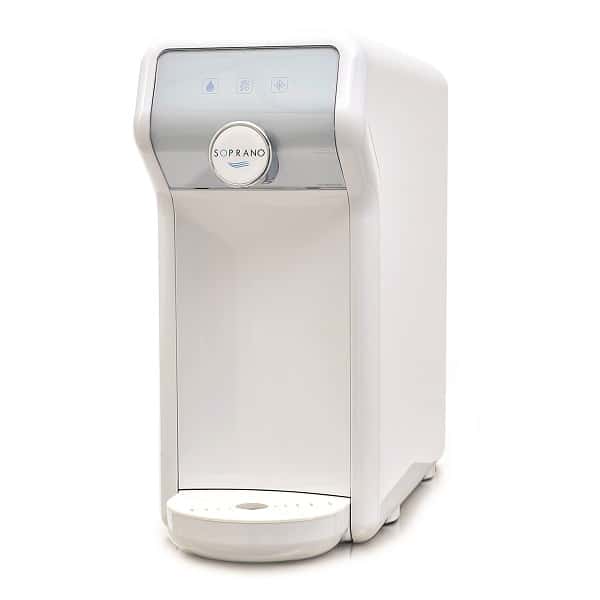Academy
Spa brands
In this section you will find a range of practical information related to our solutions. In the articles, we share our experience, discuss implementation steps and highlight good practices. It is a reliable source of information and advice on the provision of drinking water in public spaces, the legal regulations in this area, the benefits of installing drinking water dispensers and the technological aspects in this field.
We look forward to reading!
Drinking water dispensers and dispensers - hygiene and safety at the forefront

Drinking water spigots and water dispensers are devices that come into direct contact with water intended for consumption. Therefore, their safety and hygiene are absolutely crucial. When choosing such devices, it is worth paying special attention to their quality, the material of construction and the certificates and approvals they have, which guarantee that the product is safe for the health of users.
Why are approvals and certificates so important?
Drinking water must be protected from microbiological and chemical contamination. Equipment in contact with it should therefore meet strict sanitary standards. In Poland, one of the most important documents confirming safety is the Certificate of the National Institute of Hygiene (PZH). This certification shows that the product has been tested for safety and meets sanitary requirements for contact with drinking water.
In addition, for building-mounted equipment, it is important to construction mark Bwhich certifies that the product complies with building regulations and technical standards. Having such a mark means that the device can be safely used in public and commercial areas, guaranteeing durability and resistance to mechanical and environmental factors.

Materials matter
Another aspect is the quality of the materials from which the sprinklers and dispensers are made. The best choice is stainless steelwhich is corrosion-resistant, easy to clean and does not release harmful substances into the water. Plastic components should be specially designed for contact with drinking water - they must be safe, certified and have antibacterial properties. This prevents the growth of bacteria and ensures the highest level of hygiene.
Comfort and accessibility for all users
Good drinking water dispensers should also be designed with the needs of different users in mind. For example, it is important that they are wheelchair accessiblewhich means adequate height and easy access. Models with contactless operationwhich minimise the risk of germ transmission and are comfortable to use, especially in public areas.
Variations in the market - why choose proven products
Not all drinking water dispensers on the market meet all the criteria listed. The lack of appropriate certificates, poor quality materials or inappropriate design can lead to hygiene problems and, consequently, health risks. That is why it is so important to choose proven appliances, with PZH approvals and a B building mark, made of stainless steel or safe plastics, and equipped with solutions that increase users' comfort and safety.





